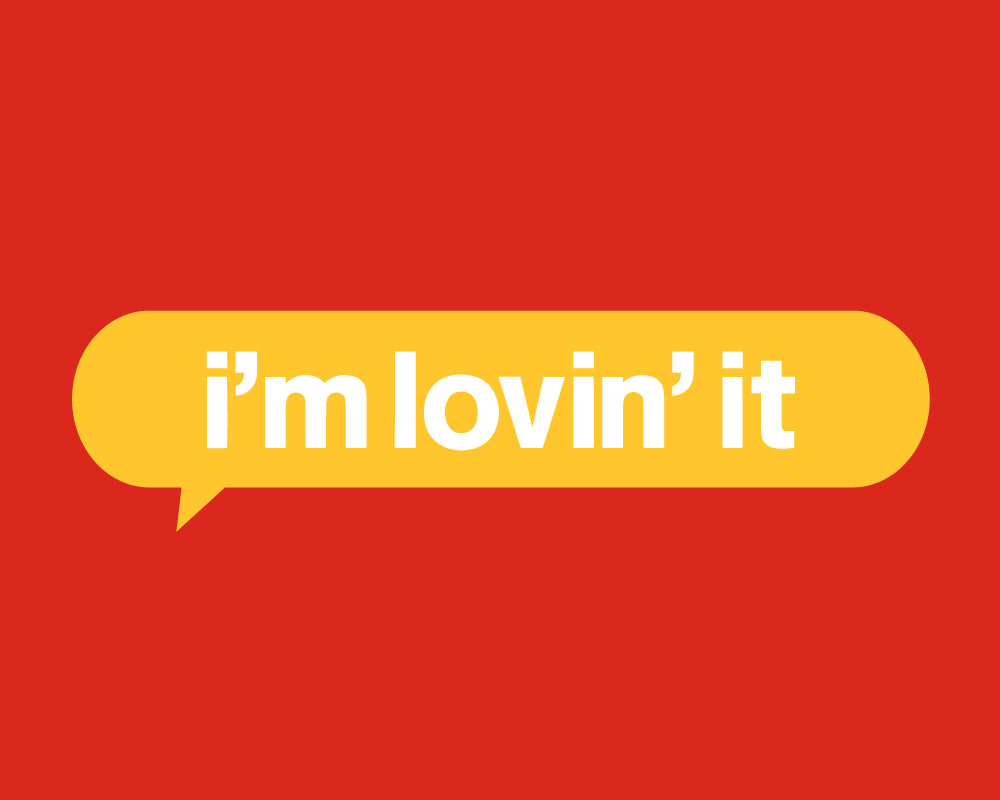A slogan is the first thing that prospects associate your brand with. If you think translating “a sentence” or “a few words” is not a big deal, think again. How many times have we come across hilariously mistranslated taglines and slogans? Pepsi’s “Come alive with the Pepsi generation” tagline wild mistranslation into Chinese, for example, “Pepsi brings your ancestors back from the dead”, went viral. And not in a good way.
Localizing taglines and slogans is not to be taken lightly. Meme-like effects like this can cost your brand dearly not only from a financial perspective but also from a reputation standpoint. With this in mind, let’s take a deep dive into the challenges of localizing taglines and slogans.
Why are taglines and slogans difficult to localize?
So, how do you do localize a slogan, again?
Feast your eyes with some of the funniest slogan debacles in China
| Brand | Slogan | Chinese back-translation |
|---|---|---|
| American Express | Don’t leave home without it. | Stay home with it. |
| Apple Computers | Think different. | Go insane. |
| Budweiser | When you say Budweiser, you’ve said it all. | After Budweiser, you will not be able to speak. |
| Burger King | Have it your way. | Reject the socialist ideal. |
| Camel | I’d walk a mile for a Camel. | A camel asked me to walk two kilometres. |
| Kentucky Fried Chicken | Finger-lickin' good | Tastes like human fingers |
| McDonald’s | You deserve a break today. | You deserve to be beaten. |
And the list may continue, but we will not bore you with a longer list of badly translated slogans. While there is no standard sealed in stone for translating slogans and taglines, there are certain techniques one can use to acclimatise something as creative as a slogan or tagline to a different culture.
GetYourGuide: Creating a memorable slogan in another language – A case study
What stirred our interest in the company was its well-thought-out approach to brand localization. The executives understood that the company’s slogan is meant to engage and attract users in their language. The best way to do that was to get the Localization and Marketing Teams on board to ensure the tone of voice and nuance of the original, English slogan “Love where you’re going” is conveyed into German, French, Spanish, Portuguese (Brazilian), Polish, Danish, Swedish, and Norwegian, respectively.
After experimenting with different versions of the slogan in each of their native languages, the team came up with the ideal fit for every relevant market, considering several factors, such as brand and commercial purpose. Ready to see how the slogan transformed? Read on as we discuss a few examples.
German
Aus Liebe zum Reisen – For the love of travelling
After conducting deeper market research, the team realised the slogan could not be used, since it had already been claimed by a supermarket chain in Germany. But Aus Liebe zum Entdecken (For the love of discovering) was not used by any other brand. And since the platform is more about discovering new places to see and things to do around the world, the slogan gained traction.
French
Aimez où vous allez – Love where you’re going
Unlike typical cases of direct translations of creative lines or slogans, the example above delivers the intent and nuance of the original perfectly. Additionally, the rhythm of the phrase makes it all the more enticing.
Spanish
Enamórate de tus viajes – Fall in love with your trips.
Direct translation did not work in Spanish (unlike the French example above). In this case, the linguist opted for a less intuitive version than “Ama donde vas” or “Enamórate de donde vas”, which would be the first lines to pop into any Spanish speaker’s head. However, none of these makes any sense or flows naturally in the language of Cervantes.
“Enamórate de tus viajes”, on the other hand, not only flows naturally but also cleverly plays on the double meaning of the word “viaje”, signifying “journey” in the directional sense but also in a more “spiritual” sense of experience offered by a particular place.
Furthermore, the literal translation of the verb “love” – “amar” is infrequent in Spanish Catalan, which would have raised some red flags for Spanish speakers from Spain.
Polish
Odkrywaj świat z radością – Explore the world with joy
The linguist’s first impulse was “Zakochaj się w podróżach,” which means “Fall in love with travelling”. However, a deeper investigation revealed that this slogan had already been claimed by another brand. So, after a few experiments, the gem eventually emerged (see above).
Although “Odkrywaj świat z radością” (“Explore the world with joy “) may seem too remote from the orginal, this adaptation/transcreation of the GetYourGuide slogan into Polish only proves that localization is not about pure translation but rather about cultural appropriateness and creating experience.
Final thoughts
Working with over 600 translation professionals, copywriters and localizers across 75+ regions, Pangea Global can help you make your mark outside your domestic market. Contact us and let’s discuss brand localization!
